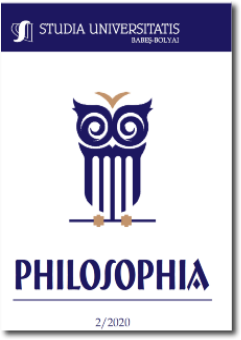KNOWLEDGE-HOW, ABILITY, AND COUNTERFACTUAL SUCCESS. A STATISTICAL INTERPRETATION
KNOWLEDGE-HOW, ABILITY, AND COUNTERFACTUAL SUCCESS. A STATISTICAL INTERPRETATION
Author(s): Adrian LudușanSubject(s): Logic, Contemporary Philosophy, Analytic Philosophy, Methodology and research technology
Published by: Studia Universitatis Babes-Bolyai
Keywords: know-how; ability; counterfactual success; intellectualism; anti-intellectualism; null hypothesis significance testing; effect size;
Summary/Abstract: The paper is thematically divided into two parts. In the first part, we will address the arguments raised against the anti-intellectualist thesis that ability is a necessary condition for knowledge-how, present Katherine Hawley’s proposed generic solution based on counterfactual success in order to overcome these arguments, followed by an analysis of Bengson & Moffett’s counterargument to Hawley’s counterfactual success thesis [CST]. We will conclude that Bengson & Moffett’s counterargument misses its target, so that, as far as we are concerned, Katherine Hawley’s proposal, namely CST, is safe. In the second part of the paper, we will provide a statistical interpretation of one of Hawley’s more specific proposals, counterfactual success with occasional failure [CSTF], and assess a couple of philosophically challenging consequences that follow from such an interpretation.
Journal: Studia Universitatis Babes-Bolyai - Philosophia
- Issue Year: 65/2020
- Issue No: 2
- Page Range: 51-66
- Page Count: 16
- Language: English

